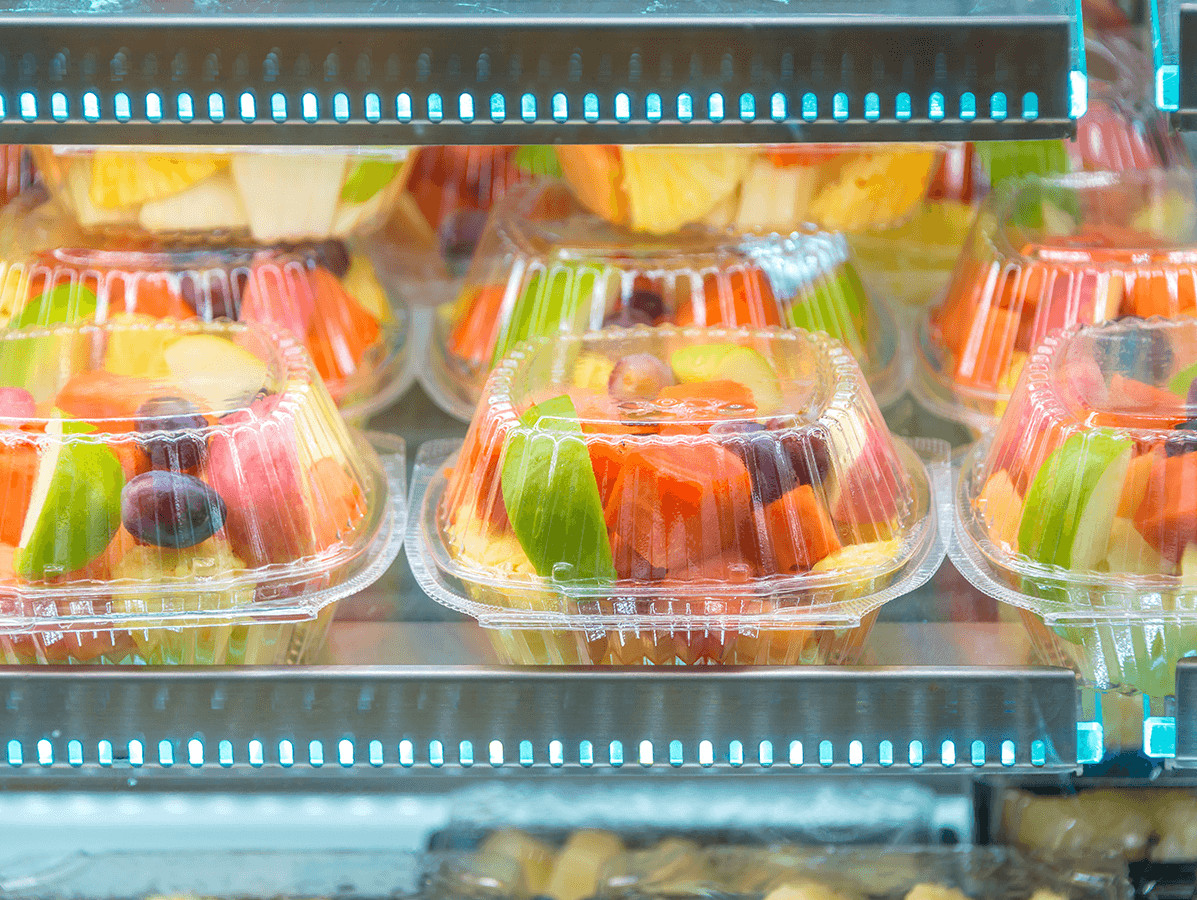
Industry and policy makers do not profit enough from the available scientific knowledge to handle plastics in a smarter way. If they were to involve scientists more, scientific knowledge could make a greater contribution to the safe and sustainable use of plastics.
This is the conclusion of the Dutch National Institute for Public Health and the Environment (RIVM) after a study into the role of scientific knowledge in solving the plastics problem. The RIVM calls on scientists, companies and policymakers to share knowledge more actively and to develop smart solutions together. This is urgent, because the problem is growing every day. Plastics are persistent and are increasingly found in food and drinking water. Despite scientific proof of the harmfulness of plastics, the production of harmful plastics is still increasing.
The RIVM studied how scientific knowledge can contribute to making plastics more sustainable and safer. The solution is not only the reduction of plastics. In certain applications, plastics are scientifically the safest and most sustainable material. The challenge for plastics is bigger than countering pollution; it is also about making the entire plastics chain safer and more sustainable. To achieve this, more attention should be paid to improving risk assessment methodologies for various types of plastics and to sustainable design strategies, on a small and large scale.
RIVM makes a number of proposals on how scientific knowledge can be given a more prominent role:
More information can be found in the publication 'Improved science-based transformation pathways for the development of safe and sustainable plastics' in Environment International.
Source: Vakblad Voedingsindustrie 2022